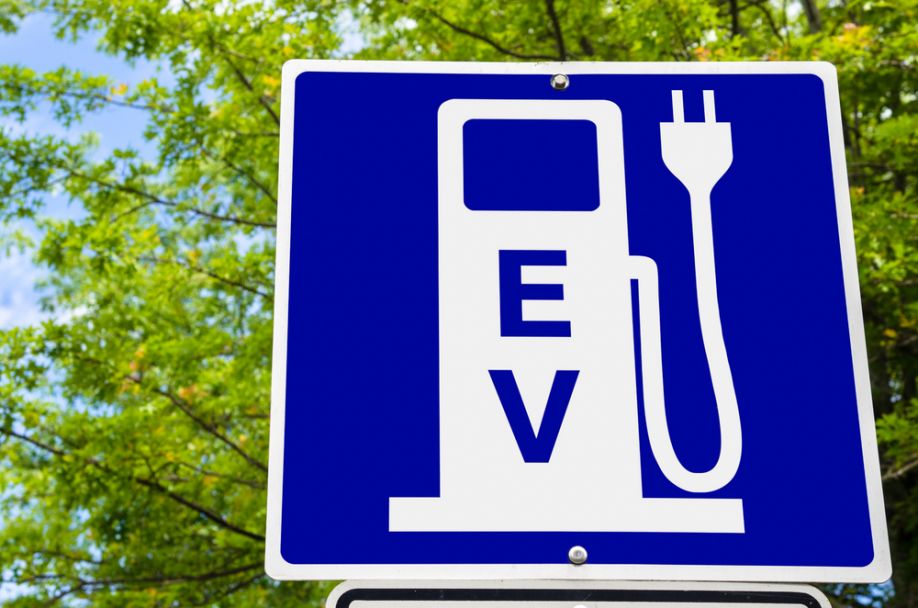Convenience is Crucial for Electric Vehicles to be Widely Adopted

Electric vehicles are often lauded for being a viable, carbon-neutral alternative to traditional combustion engine vehicles, and for their ability to negate the huge volume of emissions produced by the latter. While this focus on green and clean has been a major selling point since EVs first hit the market, there are a number of reasons why they are likely to become the standard. One critical factor is a highly valued commodity in today’s fast-paced world – convenience.
While some critics allege that EVs are high maintenance, the truth is that they have far fewer moving parts than traditional ICEs, reducing the need for repairs, simplifying upkeep, and making them astoundingly low maintenance. But what of infrastructure? One key area of convenience that needs to be addressed before we see mass EV adoption is access to charging stations. This is where the EVCS turnkey approach to widespread charger installation is making a difference.
Currently, the US has two distinct bubbles – one on the East Coast and one on the West – where EV adoption has been rapid. As a result, EV owners can drive with minimal worry about charging station access. The rest of the country, however, is mired in a chicken-and-egg cycle of low EV ownership thanks to minimal infrastructure, which perpetuates low EV ownership, and so on. Aside from two dedicated routes between Washington, DC and Los Angeles, and San Diego and Jacksonville, charging infrastructure is practically nonexistent. While the release of affordable EV models is sure to boost sales, companies like EVCS are working with private site owners to install chargers at strategic, publicly accessible points of interest like retail outlets and office buildings in less developed areas to ensure those sales become more evenly distributed across the country.
Moreover, EVCS installs chargers at MUDs like condos, apartments and gated communities to further enhance the convenience EV drivers crave. Have you ever arrived home from work and, upon pulling up, realized you needed gas? Going back out to fill up after a long day’s work or remembering to fill up early in the morning before going back to the office is like choosing between the devil and the deep blue sea. But an EV can be charged at the owner’s multi-unit residence in the middle of the night using an EVCS-installed Level 2 or DC fast charger, thus saving countless trips to a refueling station.
Level 2 chargers can fully power an EV in 8 hours or less while newer fast chargers offer the ability to recharge a battery to 80 percent capacity in just 20 to 30 minutes. If waiting 20 minutes for a full charge feels too long, keep in mind that super-fast chargers and fast charging batteries are currently in development and should be released within the next five years. Innovations like these are making refueling comparable to traditional ICEs and are sure to drive EV adoption even further.
Another factor that sets EV charging apart from traditional car refueling is health and safety. Unleaded gas contains a number of harmful compounds, which means refueling must be done in spaces with adequate ventilation. Because EV charging requires only the handling of a power cord, charging stations can be placed in a range of areas that would otherwise be unsuitable for gas pumps, such as parking garages and other enclosed areas. EVCS has already installed chargers at key destinations like hotels, restaurants, grocery stores, casinos and recreation spots where traditional fueling options are absent. This means that the usual time it takes to recharge an EV doesn’t have to be wasted waiting in the car, but can be spent eating, shopping, playing or running errands.
As widespread adoption increases, we are likely to see a shift away from the standard pricing models used by charging station providers. Currently, charging is either priced per minute or per KwH, which can be both confusing and inconvenient for EV drivers, as they rarely know what to expect when pulling up to a charging station and have few options in the way of price shopping. EVCS has already started addressing this issue, offering up a new first-in-the-nation subscription plan that will let EV drivers recharge as much as they need for one flat monthly price.
EVs are more affordable and convenient in the long run due to reduced maintenance and operating costs, but the facilitation of new infrastructure will be crucial to addressing the pressing concerns of accessibility that many consumers have. Through an expansion of fast and super-fast charging stations across larger regions of the country coupled with more transparent payment structures, the convenience of EVs will be fully realized, paving the way for widespread adoption.
Gustavo Occhiuzzo is the Co-founder and CEO of EVCS, one of the largest and fastest growing operators of electric vehicle fast charging stations on the West Coast.
Comments (0)
This post does not have any comments. Be the first to leave a comment below.
Featured Product


